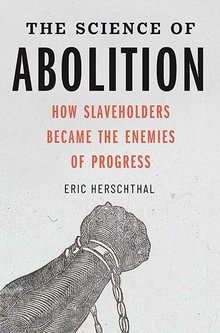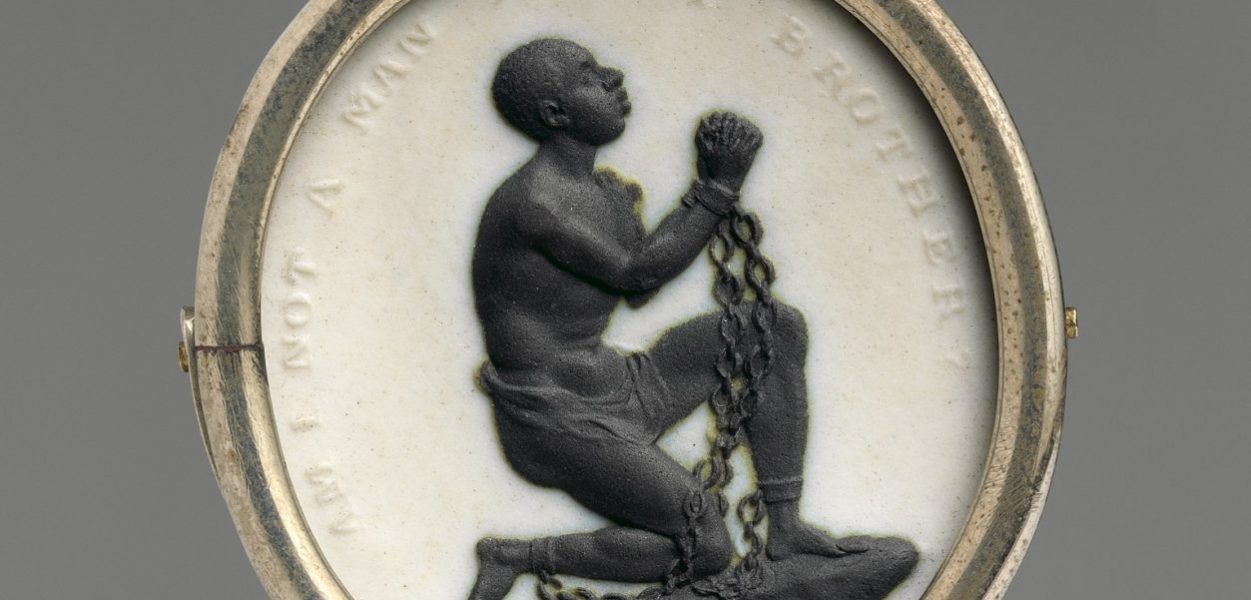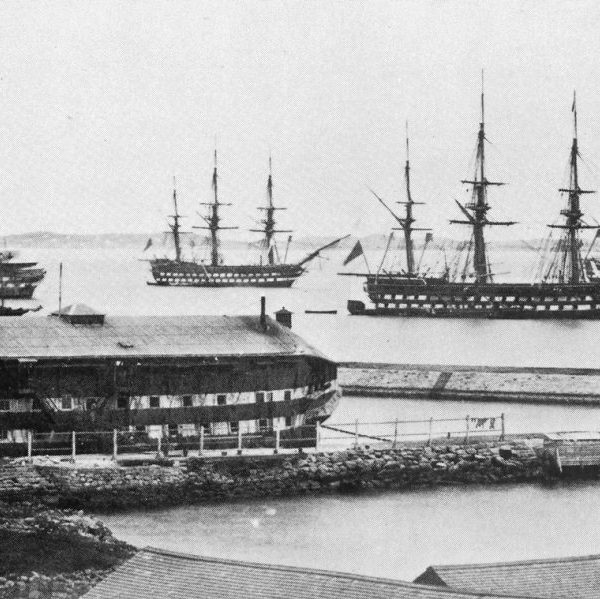Science as a Tool for Emancipation
Eric Herschthal—
It does not take much effort to find evidence of the ways science, medicine, and technology contribute to systemic racism. The Covid pandemic exposed how lack of access to quality medical care, coupled with the prevalence of Black people in low-paying front-line jobs, contributed to the pandemic’s disparate toll on Black communities. Before the pandemic hit, a wave of news reports revealed how new technologies—whether the use of algorithms for “predictive policing” or in sentencing guidelines—further entrench pre-existing racial inequities in the criminal justice system. All of this built on a well-known history of Black medical exploitation, from the Tuskegee syphilis study and the secret harvesting of Henrietta Lacks’s genes, to the gynecological experiments conducted on enslaved women in the nineteenth-century South.
If the relationship between Black Americans and science, broadly defined, is generally understood to be not very good, then it begs asking whether this has always been the case. There are many ways to approach this question, but one way is to look at how abolitionists, Black and white, used scientific evidence in their near-century-long battle against slaveholders. In this case, the evidence seems clear: scientific knowledge was an essential tool in the fight against slavery. Far from simply being a source of oppression, scientific knowledge was also a powerful tool in the fight for Black freedom.
Black and white abolitionists, along with their scientific allies, used scientific knowledge to attack slaveholders in a number of ways. Antislavery physicians argued that slavery—not biology—was the root cause of Black health disparities. Naturalists, geologists, and botanists traveled to far-flung territories in West Africa and the expanding American frontier to prove that the climate, soil, and geography of these regions was ideal for plantations worked by wage-earning, rather than enslaved, laborers. In the first half of the nineteenth century, as new technologies proliferated—steam-engines, railroads, the telegraph—antislavery advocates pointed to a host of new agricultural technologies, which, they claimed, spelled slavery’s doom: “SCIENCE is king—not cotton” wrote the antislavery New England Farmer, three months before the Civil War broke out in April 1861. In 1851 Henry Bibb, a fugitive Black leader living in British Canada, pointed to a new chemical machine that promised to make flax fiber into a cheaper, northern-grown alternative to slave-grown cotton, potentially putting slaveholders out of business. “Fugitive slaves should be standing in the front ranks of this experiment,” he wrote.
While many of these scientific arguments were rhetorical—claims about science’s antislavery potential, not necessarily how science was currently being used—it was not idle talk. Abolitionists relied on scientific allies to provide evidence before political committees, and the most ardent antislavery men of science published scientific research to legitimate their political aims. In 1790, Thomas Clarkson, the famed British abolitionist, called on Carl Wadstrom, a Swedish geologist who travelled to Sierra Leone, to testify before Parliament about the suitability of the region for a free Black colony. In the United States, Benjamin Rush, the early republic’s most celebrated physician and a president of the Pennsylvania Abolition Society, gave dozens of lectures to his medical students about how slavery itself caused many of the “Diseases of Negroes” that slaveholders attributed to innate racial differences.
Of course, claims about innate racial differences—shamefully still with us—help explain why this counter-history, of science as a tool for emancipation, remains so poorly studied. For decades, scholars have largely focused on racial science as the main field of scientific inquiry that bore on the debates over slavery. But if we look beyond that narrow, albeit important, field, and instead explore the many other forms science took during abolitionism’s long history—from arguments rooted in chemistry, botany, and natural history, to medical diagnoses and technological innovations—an entirely new picture takes shape. Rather than a source of racial oppression, science emerges also a powerful tool for Black liberation.
Eric Herschthal is an assistant professor of history at the University of Utah. His writing has appeared in the New York Times, the New Republic, the Washington Post, and the New York Review of Books, among other publications.
Further Reading:





